Proyecto mundial | Intercambios | Comité directivo | Reclamaciones
Proyecto mundial
Proyecto mundial de aprendizaje e intercambio de conocimientos
Documento del programa
Financiación original: 5,0 millones de USD
Aprobación del Banco Mundial: marzo de 2015
Aprobación del Programa de Inversión Forestal: junio de 2015
Implementación: de abril de 2015 a junio de 2020
Expansión: 3,0 millones de USD
Asignado: octubre de 2015
Comité Directivo Internacional: Lista
Organismo Internacional de Ejecución: Conservación Internacional
Fondos de Inversión en el Clima | Banco Mundial
Facebook | Twitter | YouTube
Objetivo: Organizar y garantizar el intercambio de conocimientos, aprendizaje y el fomento de las capacidades de los pueblos indígenas y comunidades locales (PICL) a nivel regional e internacional, así como fortalecer las redes y alianzas de organizaciones de PICL dentro de las mismas regiones y entre ellas con el propósito de fortalecer su representación y voz en foros políticos regionales e internacionales
Intercambio de conocimiento
Cada año, el MDE Mundial celebra tres diálogos regionales y uno internacional para que los pueblos indígenas y comunidades locales de distinta procedencia se reúnan para intercambiar conocimientos, desarrollar habilidades esenciales y forjen relaciones con redes y organizaciones pertinentes con el fin de realzar su papel en la acción climática y la gestión forestal sostenible. En sus primeros dos años de diálogos, el MDE Mundial reunió a casi 200 líderes de PICL de 36 países, en representación de más de 100 redes y organizaciones pertinentes.
Participación en la política
El MDE Mundial también apoya la participación y el compromiso de pueblos indígenas y comunidades locales en importantes foros políticos internacionales. Cada año, el diálogo internacional del proyecto se ha celebrado inmediatamente antes de la Conferencia de las Partes (COP) de la Convención Marco de las Naciones Unidas sobre el Cambio Climático (CMNUCC). Esto es una gran oportunidad para que las voces de los PICL sean oídas, y los participantes del MDE han desempeñado un papel influyente en varias negociaciones, incluyendo las relacionadas con la Plataforma de Comunidades Locales y Pueblos Indígenas de la CMNUCC.
Monitoreo y reporte coordinados
Más allá de su trabajo para apoyar directamente a pueblos indígenas y comunidades locales, el MDE Mundial también proporciona coordinación y ayuda a los proyectos nacionales del MDE. Esto incluye ayudar a los nuevos proyectos nacionales mientras forman sus Comités Directivos Nacionales y comienzan su implementación. El MDE Mundial también coordina el monitoreo, la presentación de informes y las comunicaciones con los proyectos nacionales existentes del MDE con el fin de demostrar el progreso y los logros del programa en su totalidad.
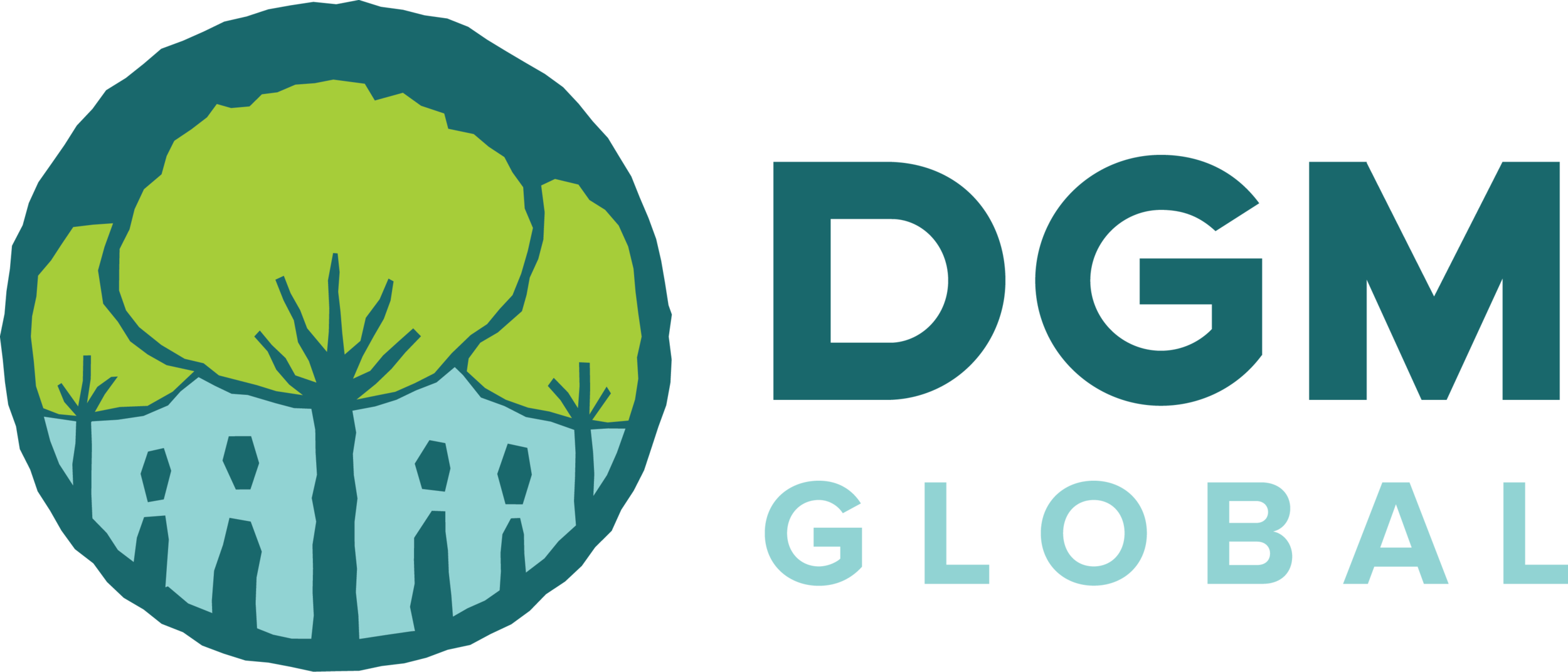

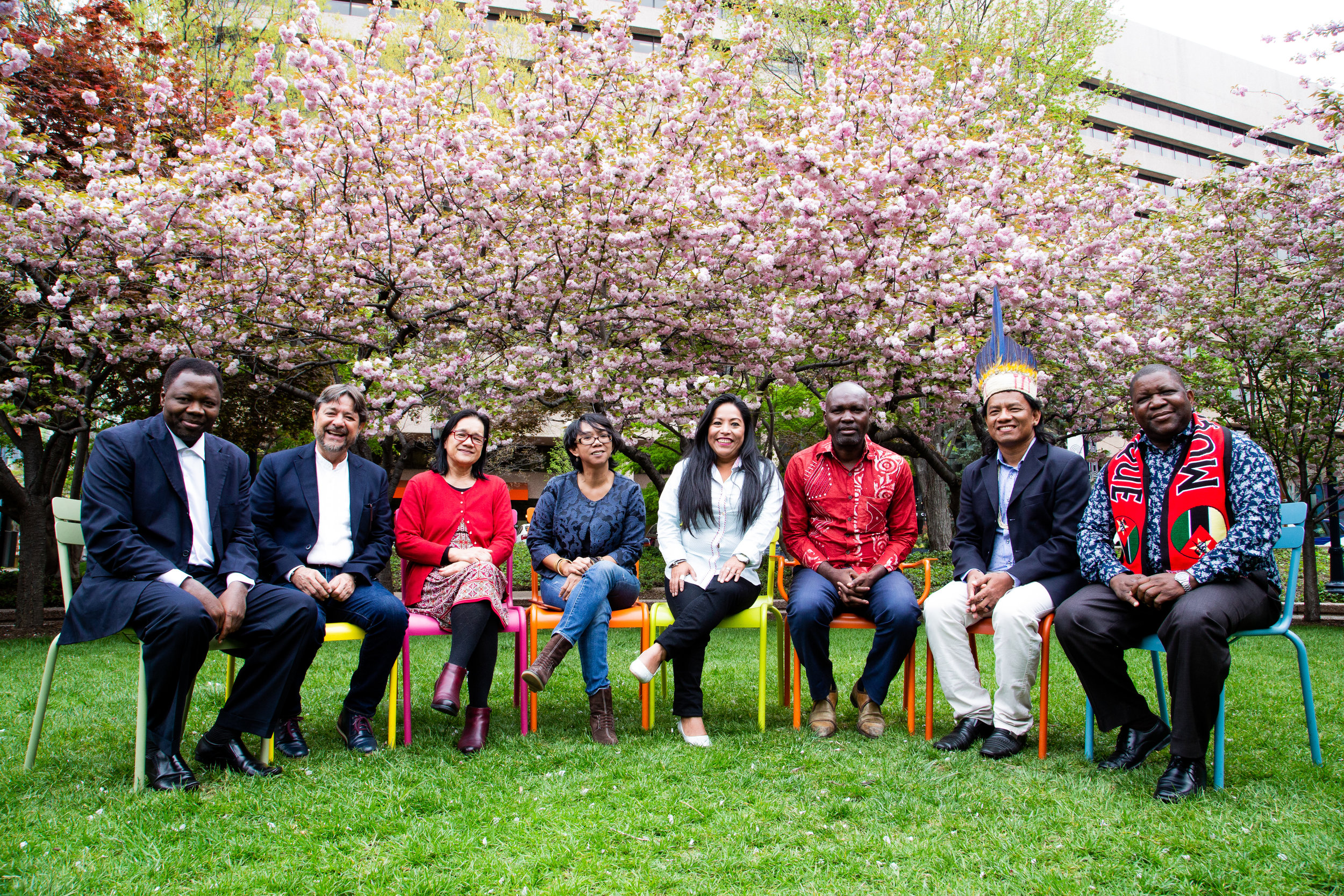


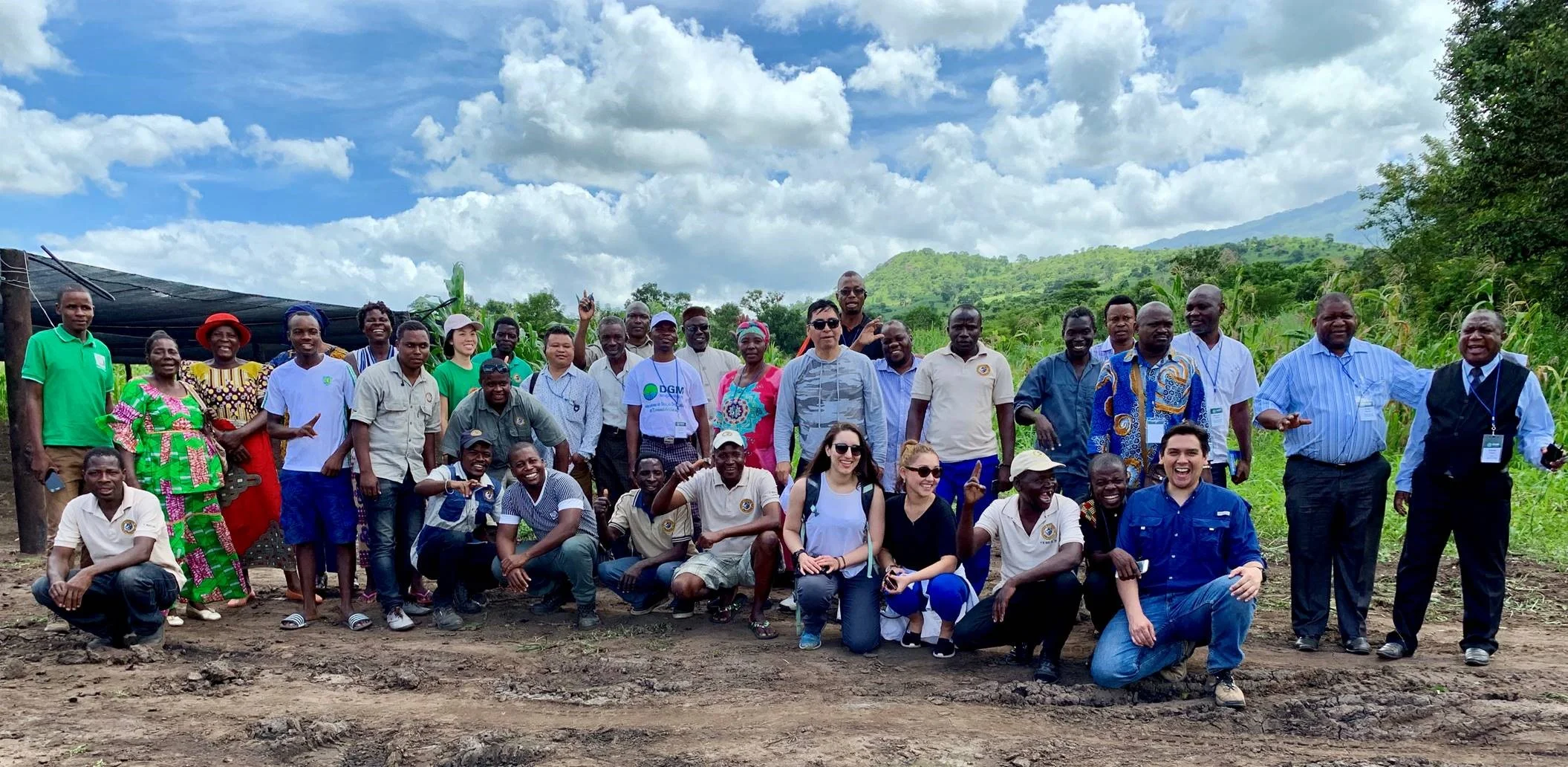
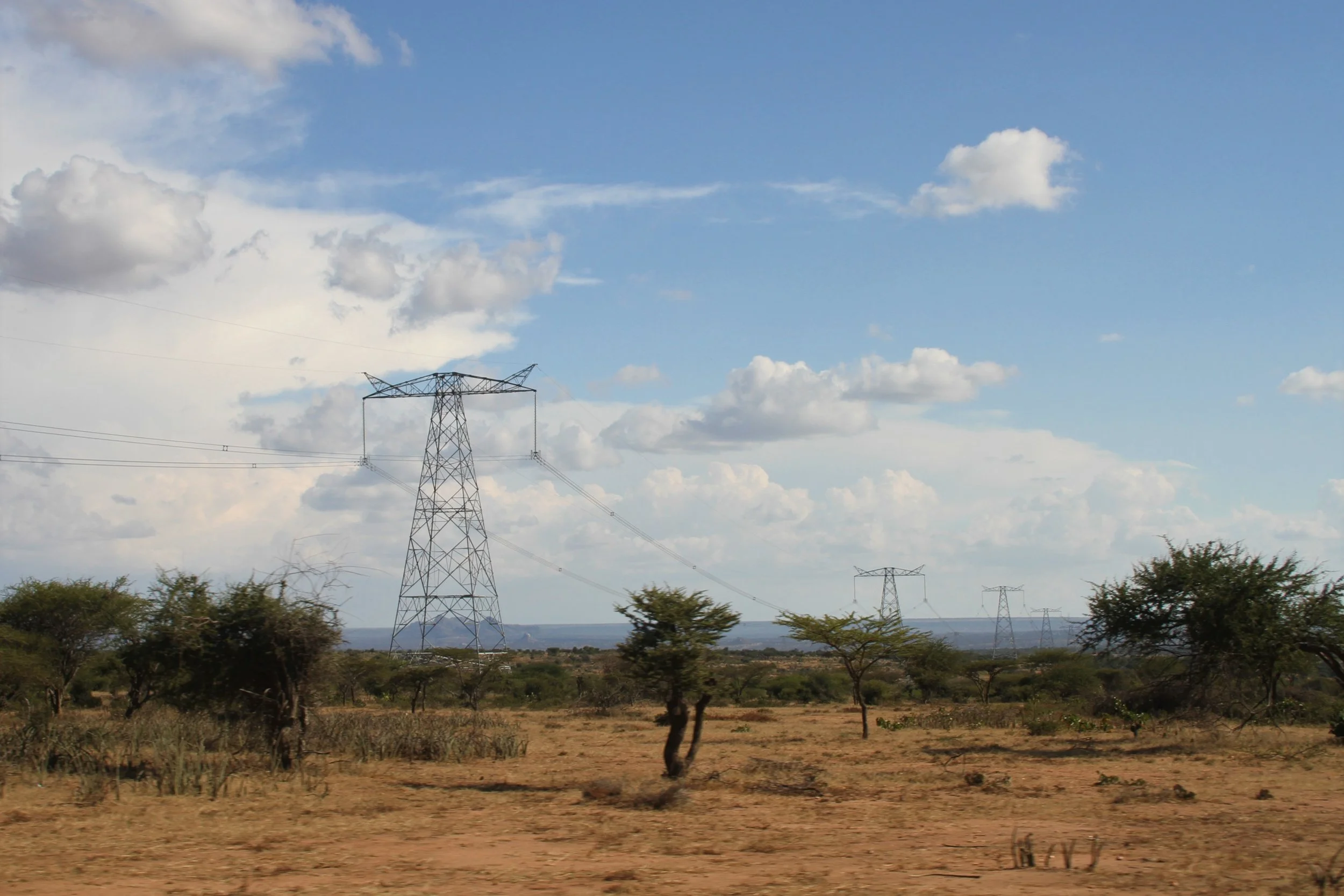









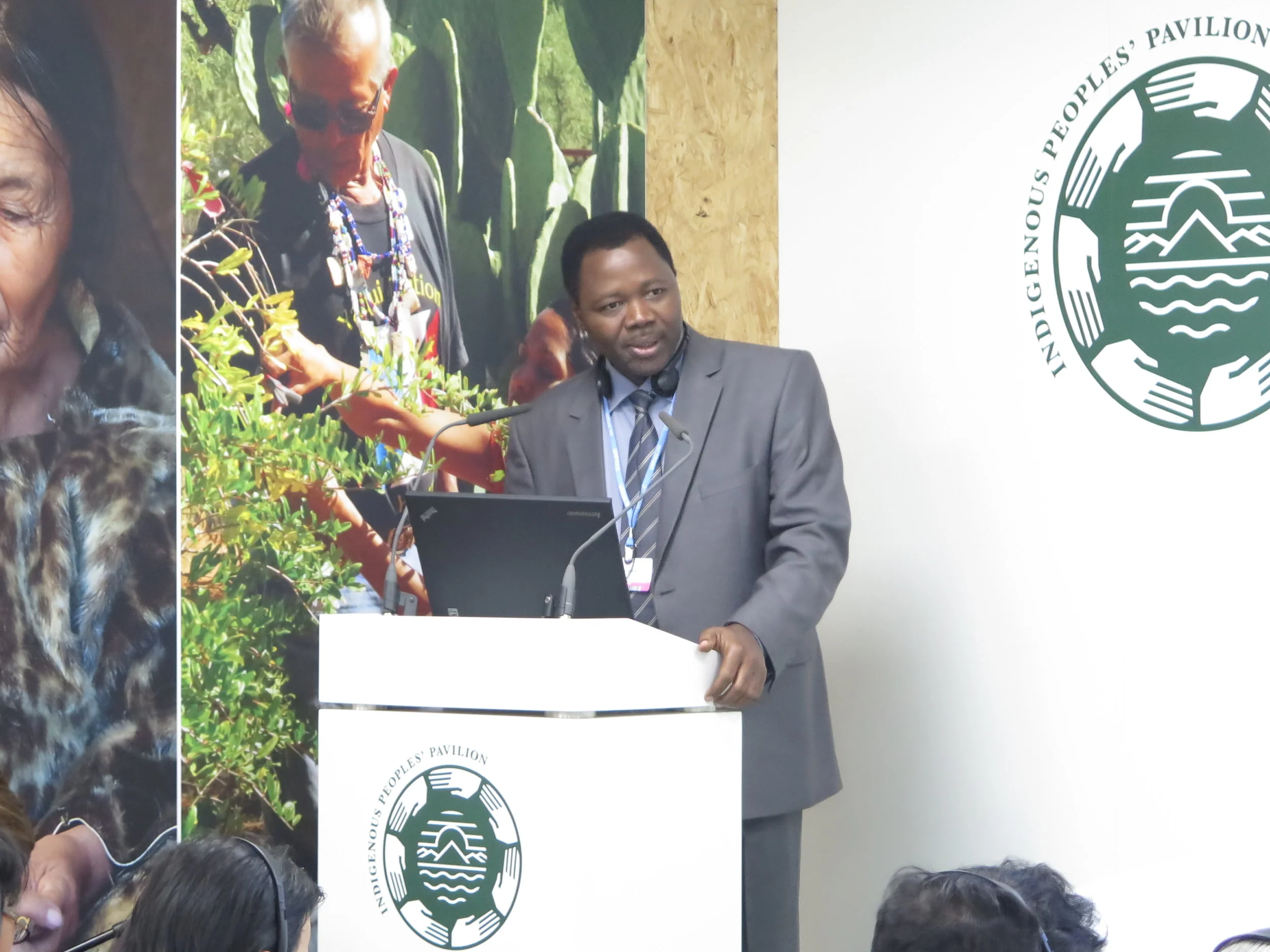


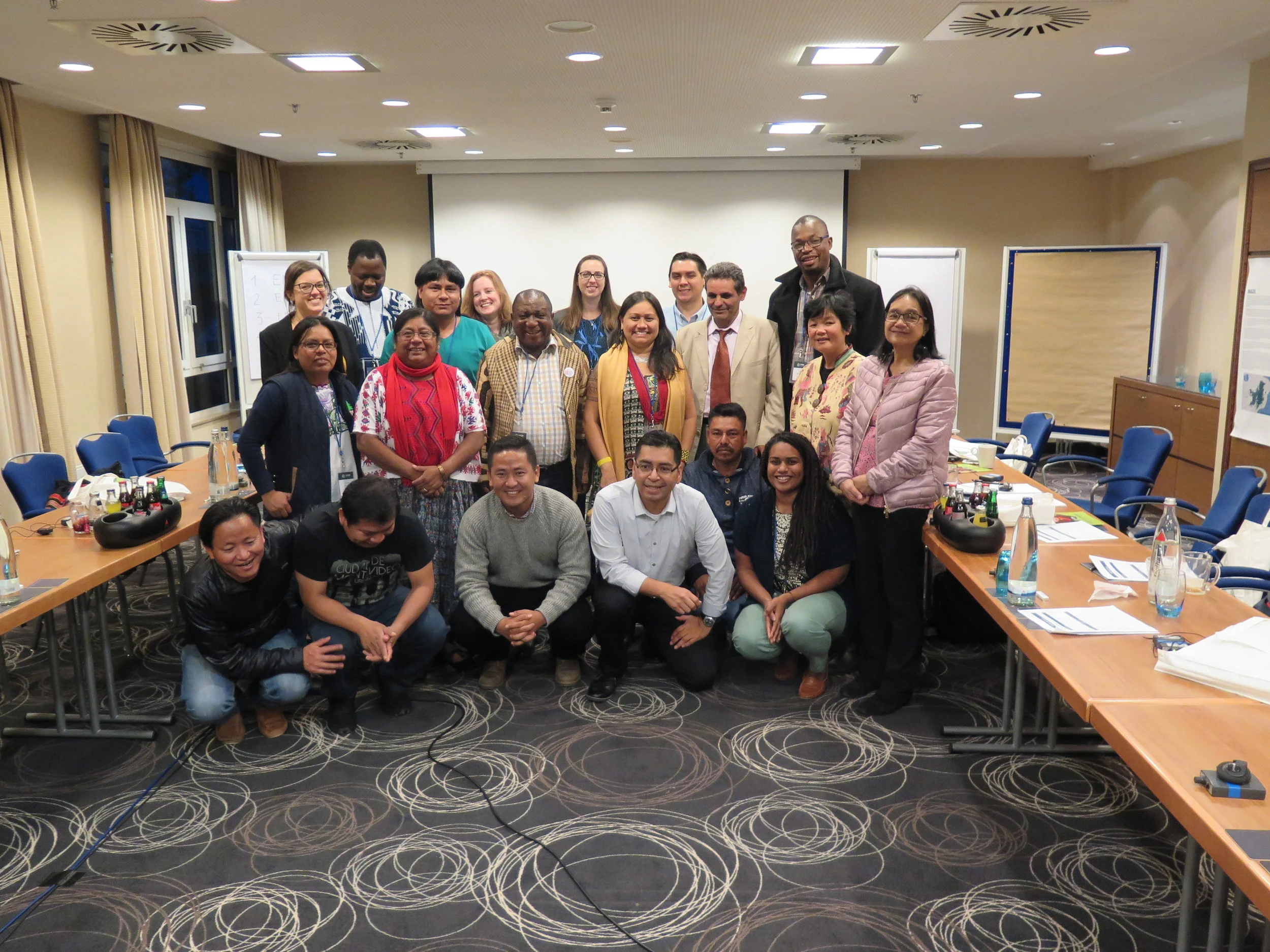

In the summer of 2018, Conservation International (CI) held a weeklong workshop on Indigenous negotiation training and exchange with partners in Laikipia County, Kenya. Read Part One here.